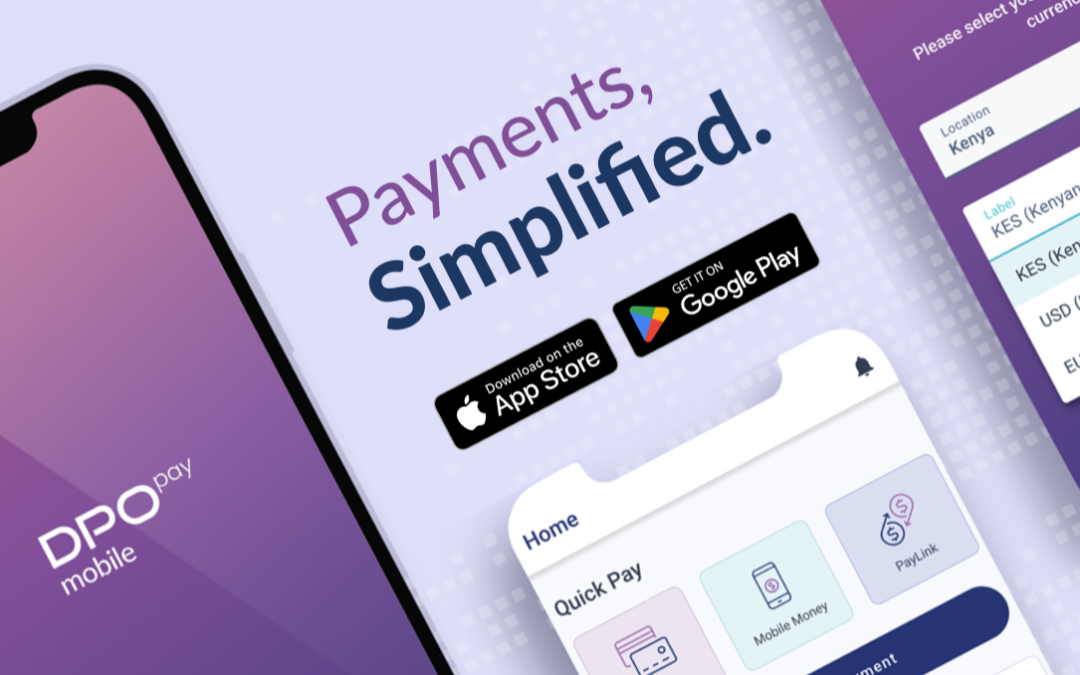Chargebacks have become a significant concern for businesses that operate in the online world. They can occur when a customer disputes a transaction and demands a refund from their bank or credit card company. Chargebacks can be damaging for businesses as they not only lead to lost revenue but also to additional fees and fines. We will explain what chargebacks are, what causes them, and how businesses can prevent them.
Related: How To Minimize Credit Card Fraud – For Business Owners
What are Chargebacks?
Chargebacks are a mechanism that allows customers to dispute a transaction and request a refund from their bank or credit card company. When a chargeback is initiated, the bank or credit card company reverses the transaction and returns the funds to the customer. Chargebacks were initially designed to protect consumers from fraudulent or unauthorised transactions, but they are now commonly used by customers to dispute transactions for various reasons.
What Causes Chargebacks?
There are several reasons why customers may initiate a chargeback. Some of the most common causes include the following:
- Fraudulent Transactions – occur when a customer’s credit card is used fraudulently without authorisation.
- Dissatisfaction with the Product or Service – Customers may initiate a chargeback if they are unsatisfied with the product or service they received.
- Disputed Transactions – occur when customers dispute a transaction they do not recognise or believe they did not authorise.
- Technical Issues – occur if technical issues such as server errors or system glitches result in a double charge or incorrect transaction.
- Merchant Errors – occur if merchants make errors, such as shipping incorrect products or charging incorrect amounts.
How Can Chargebacks Be Avoided?
There are several ways that merchants can avoid chargebacks:
- Be transparent – Ensure your customers are fully informed about the goods or services they purchase, including pricing, delivery times, and refund policies.
- Provide excellent customer service – Respond to customer inquiries and complaints promptly and professionally.
- Keep accurate records – Keep detailed records of all transactions, including invoices, receipts, and shipping information.
- Use fraud prevention tools – Use tools such as verification systems and card security codes to prevent fraudulent transactions.
- Set up a dispute resolution process – Establish a process for handling and resolving customer issues.
One of the best ways merchants can prevent chargebacks is by working with a PCI DSS Level 1 certified Payment Service Provider (PSP) like DPO Pay. PCI DSS (Payment Card Industry Data Security Standard) is a set of security standards to protect sensitive cardholder data. By working with a PCI DSS Level 1 certified Payment Service Provider (PSP), merchants can ensure that they meet the highest security standards, which can help prevent fraudulent transactions and reduce the risk of chargebacks.
In addition to providing a secure payment processing environment, DPO Pay offers a range of fraud prevention tools, including 3D Secure, CVV verification, and real-time transaction monitoring. These tools can help merchants identify and prevent fraudulent transactions before they result in chargebacks.
Related: Choosing the right payment solution
Chargebacks can be costly and disruptive for merchants but can be avoided. By being transparent, providing excellent customer service, keeping accurate records, using fraud prevention tools, and working with a PCI DSS Level 1 certified Payment Service Provider (PSP) like DPO Pay. Merchants can reduce the risk of chargebacks and protect their business.
Related: DPO Pay Compliance





